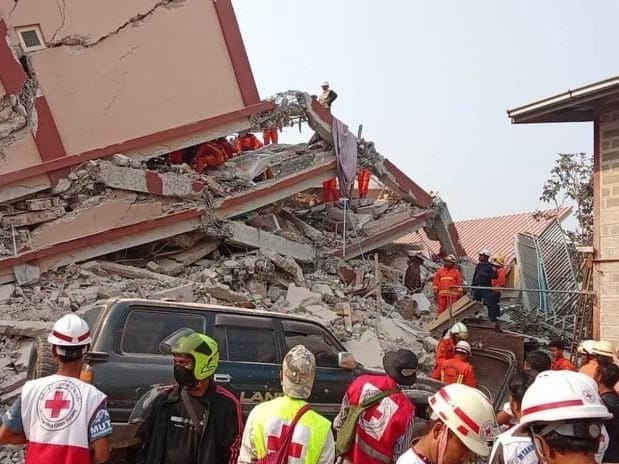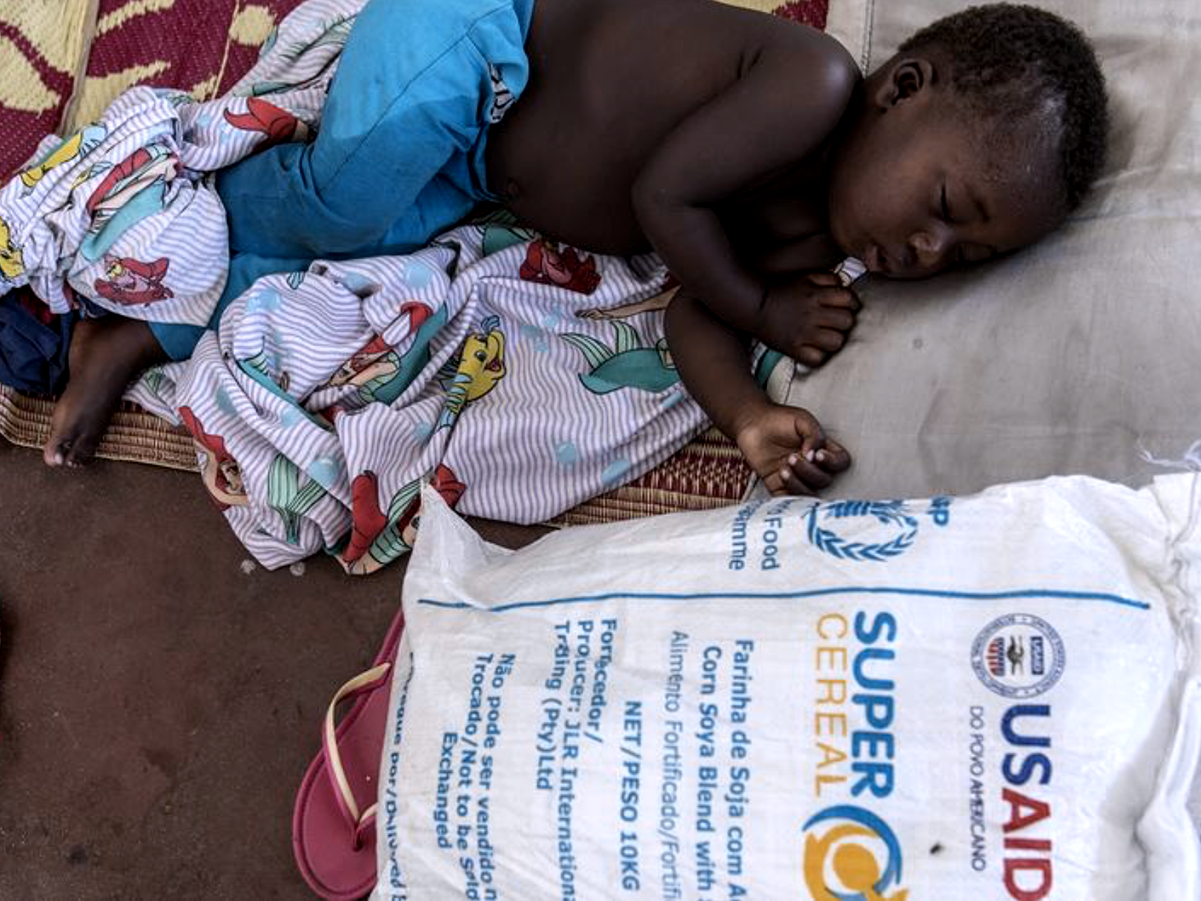GENEVA (AN) — International observers marked the 70th anniversary of the Geneva Conventions examining their relevance and limits — and ways to boost enforcement of their bedrock international humanitarian laws.
The Geneva Conventions, adopted on August 12, 1949 in the aftermath of World War II, govern the rules of war and military occupation. They are the basic principles that everyone in armed conflict are legally obliged to follow to ensure a measure of humanity, striking a balance between military and humanitarian needs.









